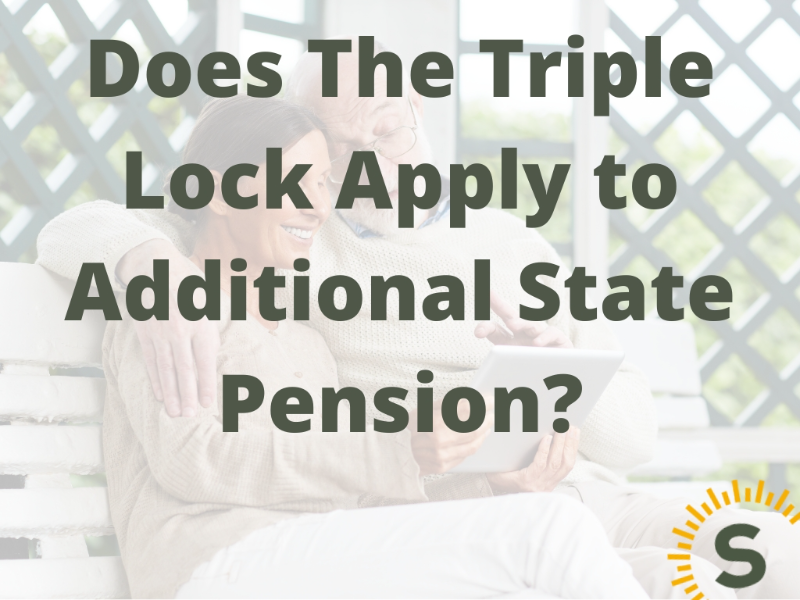
The Triple Lock pension guarantee has been a widely discussed topic in the UK, ensuring an increase in the state pension each year by the highest of three factors: average earnings growth, inflation, or a minimum of 2.5%. While the Triple Lock has brought stability and protection to retirees, it's important to understand its scope and limitations. In this article, we will delve into the question of whether the Triple Lock applies to the Additional State Pension.
No, the Triple Lock guarantee, which ensures annual increases in the state pension, does not apply to the Additional State Pension. The Additional State Pension is an additional amount based on an individual's earnings and National Insurance contributions during their working life.
Before exploring the Additional State Pension, let's briefly revisit the State Pension Triple Lock mechanism. Enacted in 2011, the Triple Lock guarantees that the basic state pension amount will rise by the highest of three benchmarks. If average earnings grow faster than inflation, the state pension will increase by that percentage. If inflation surpasses earnings growth, the pension will rise in line with inflation. Finally, if both earnings and inflation fall short, a minimum increase of 2.5% is ensured.
The Additional State Pension, also known as the State Second Pension (S2P) or the State Earnings-Related Pension Scheme (SERPS), is an extra amount of pension that some individuals are entitled to receive on top of the basic state pension. It was introduced in 1978 as a way to provide additional retirement income based on an individual's earnings during their working life.
The Triple Lock guarantee, as described earlier, only applies to the basic state pension and not to the Additional State Pension. The reason behind this exclusion lies in the calculation and nature of the Additional State Pension itself.
Unlike the basic state pension, which is a flat-rate payment, the Additional State Pension is based on an individual's earnings and National Insurance contributions during their working life. It is a top-up to the basic pension and is linked to earnings rather than the Triple Lock mechanism. As a result, any increase in the Additional State Pension is determined by factors such as the individual's earnings history and the number of qualifying years they have contributed to National Insurance.
While the exclusion of the Additional State Pension from the Triple Lock may seem unfair to some, it is important to note that the Additional State Pension already has its own mechanisms in place to account for inflation and earnings growth. Historically, it has been uprated each year in line with prices, as measured by the Consumer Prices Index (CPI), or the Retail Prices Index (RPI) before April 2011.
The government has made various changes to the state pension system over the years, including the introduction of a new State Pension in April 2016, which replaced both the basic state pension and the Additional State Pension. The new State Pension is also not subject to the Triple Lock guarantee, as it is based on a different calculation method.
In summary, the Triple Lock pension guarantee, which ensures an increase in the state pension each year, does not apply to the Additional State Pension. The Additional State Pension, being linked to an individual's earnings and National Insurance contributions, has its own mechanisms in place to account for inflation and earnings growth. While the exclusion of the Additional State Pension from the Triple Lock may raise questions, it is important to understand the different factors and calculations involved. As the pension landscape continues to evolve, it is always advisable to stay informed about the various pension schemes and their eligibility criteria to ensure financial security during retirement.

Stuart is an expert in Property, Money, Banking & Finance, having worked in retail and investment banking for 10+ years before founding Sunny Avenue. Stuart has spent his career studying finance. He holds qualifications in financial studies, mortgage advice & practice, banking operations, dealing & financial markets, derivatives, securities & investments.
 No minimum
No minimum  Newcastle-under-Lyme, Staffordshire
Newcastle-under-Lyme, Staffordshire Free Consultations
Free Consultations
 No minimum
No minimum  Free Consultations
Free Consultations
 No minimum
No minimum  No obligation consultation
No obligation consultation
 £51,000+
£51,000+  No obligation consultation
No obligation consultation
 No minimum
No minimum  No obligation consultation
No obligation consultation
 No minimum
No minimum  No obligation consultation
No obligation consultation
 £51,000+
£51,000+  Free Consultations
Free Consultations
 No minimum
No minimum  No obligation consultation
No obligation consultation
 £51,000+
£51,000+  Free Consultations
Free Consultations
 No minimum
No minimum  Leicester, Leicestershire
Leicester, Leicestershire Initial fee free consultation
Initial fee free consultation
 No minimum
No minimum  No obligation consultation
No obligation consultation
 No minimum
No minimum  Coatbridge, Lanarkshire
Coatbridge, Lanarkshire Initial or Ongoing Consultation Fees
Initial or Ongoing Consultation Fees
 No minimum
No minimum  Initial or Ongoing Consultation Fees
Initial or Ongoing Consultation Fees
 No minimum
No minimum  No obligation consultation
No obligation consultation

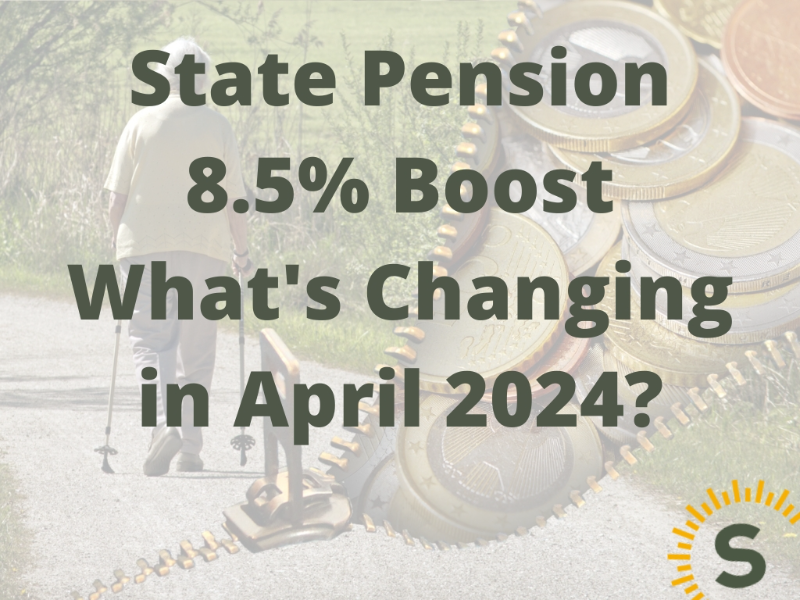
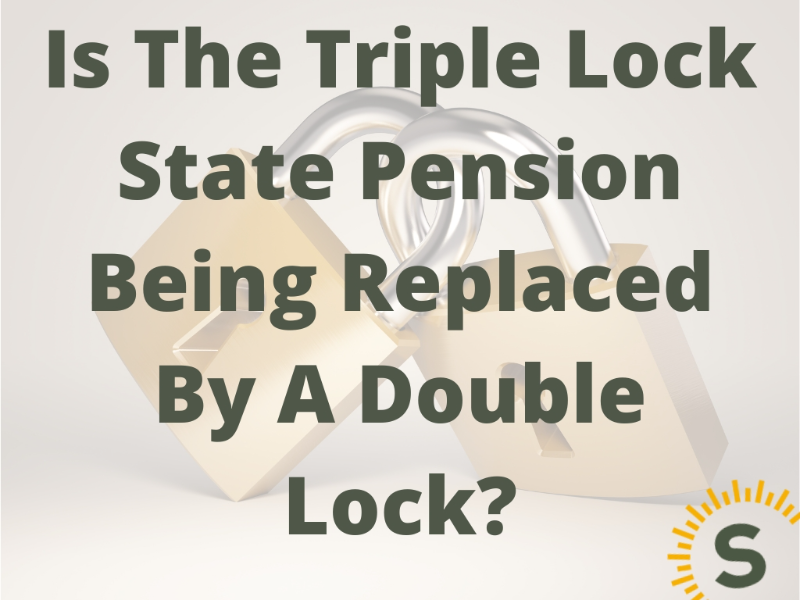
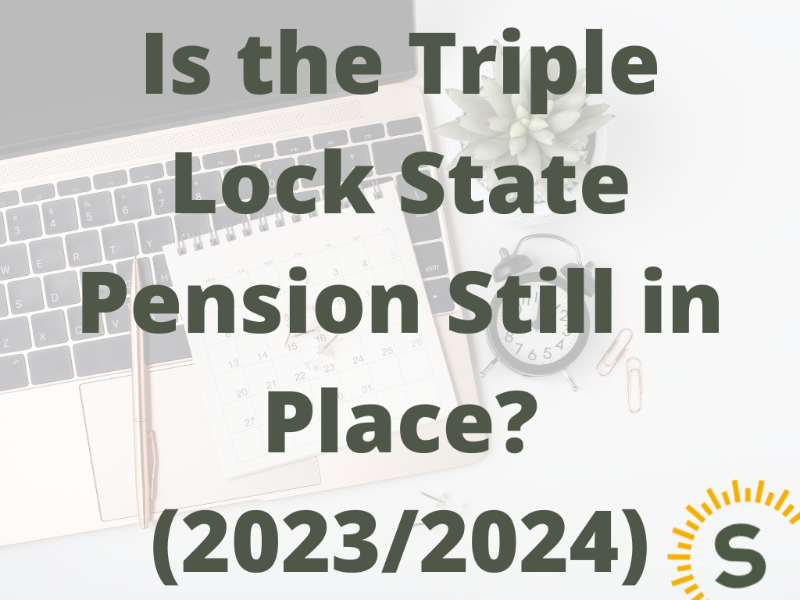
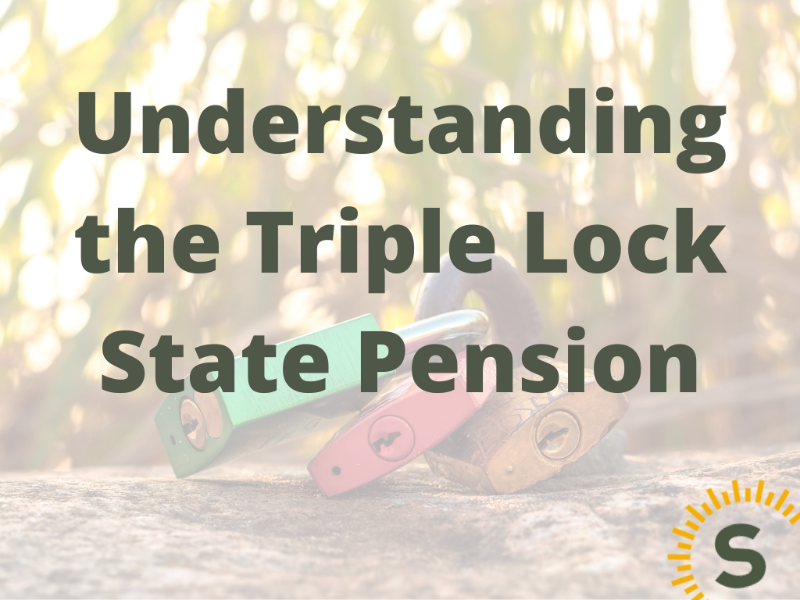
Our website offers information about financial products such as investing, savings, equity release, mortgages, and insurance. None of the information on Sunny Avenue constitutes personal advice. Sunny Avenue does not offer any of these services directly and we only act as a directory service to connect you to the experts. If you require further information to proceed you will need to request advice, for example from the financial advisers listed. If you decide to invest, read the important investment notes provided first, decide how to proceed on your own basis, and remember that investments can go up and down in value, so you could get back less than you put in.
Think carefully before securing debts against your home. A mortgage is a loan secured on your home, which you could lose if you do not keep up your mortgage payments. Check that any mortgage will meet your needs if you want to move or sell your home or you want your family to inherit it. If you are in any doubt, seek independent advice.